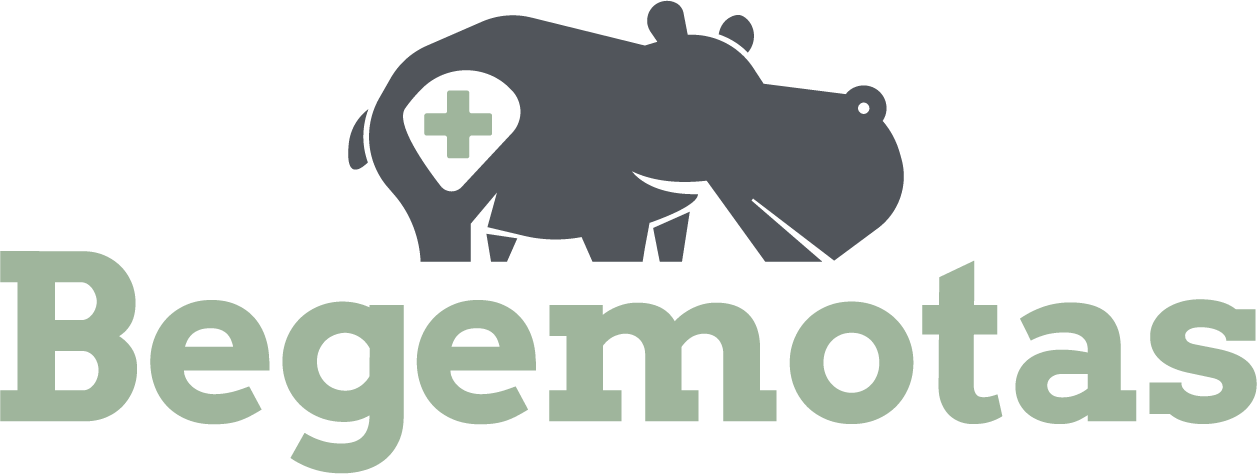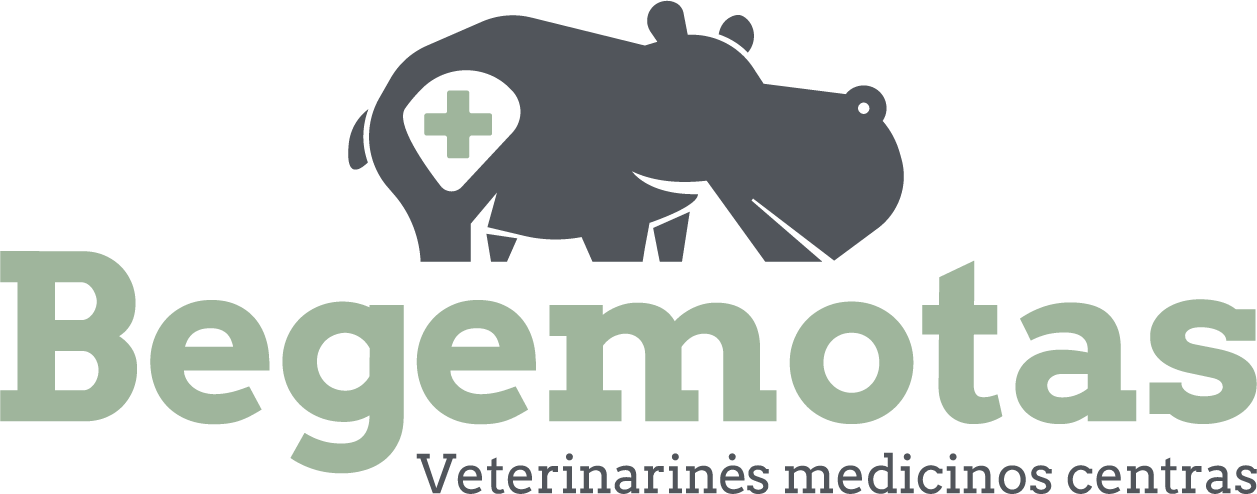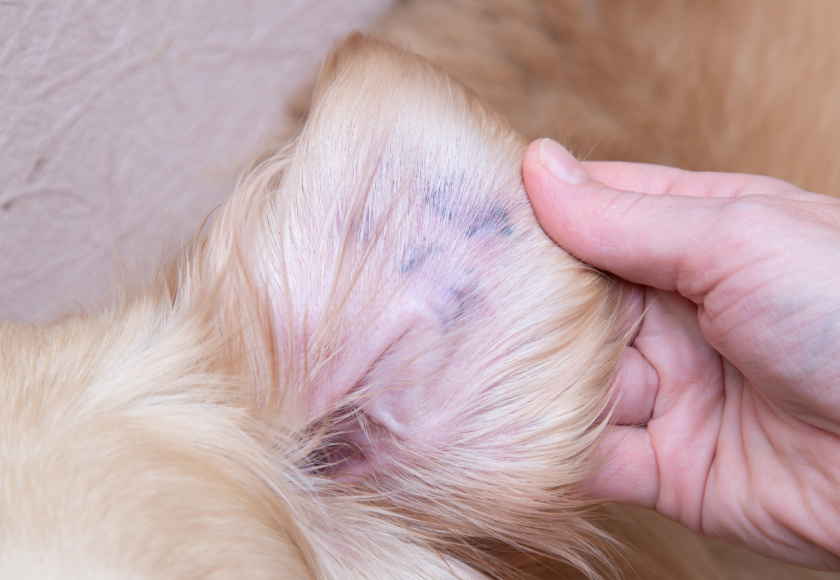A healthy adult dog has 42 teeth, 22 of which should be in the upper jaw and 20 in the lower jaw. Since ancient times, it has been believed that dogs’ teeth are very strong and do not decay, but in modern veterinary medicine, this has become a myth.
Dogs, like their owners, are increasingly facing dental, gum, and oral diseases and injuries. Plaque buildup and tartar formation on the teeth damage not only the teeth themselves but also the gums, causing inflammation.
Oral diseases and dental damage can interfere with your pet’s comfort and good nutrition, so cleaning and hygiene of dogs’ teeth is essential in modern veterinary medicine.
Table of contents
Why is it necessary to clean dogs’ teeth?
Dog owners often only become concerned about cleaning their dog’s teeth when their pet’s diet deteriorates and they notice bad breath or a foul odor coming from their mouth. However, by then it is already too late and the plaque on the dog’s teeth has already advanced, and the teeth themselves are decayed.
Tartar on dogs’ teeth can cause dental and gum disease. These conditions cause your pet a lot of pain and discomfort: your dog may become lethargic, angry, and may refuse to eat or play. Poor nutrition can damage the functioning of internal organs.
Although some dog owners still believe that unpleasant odors coming from the mouth are natural, this is not true. Bad breath in dogs is usually caused by plaque buildup on the crown and neck of the teeth or digestive tract problems, so it should not be ignored.
Brushing your dog’s teeth at home and having tartar removed at the vet’s clinic can guarantee healthy teeth and gums for your dog.
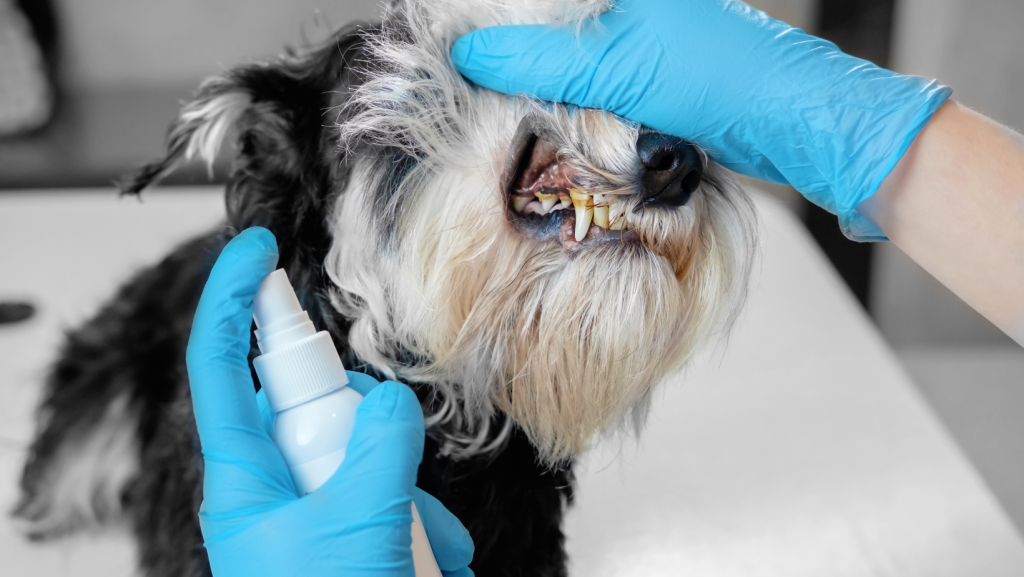
How is dog teeth cleaning performed at the clinic?
To prevent gum disease and dental problems in dogs, ask your veterinarian to evaluate your pet’s teeth and mouth every time you visit the veterinary clinic. This will make it easier to assess the rate of plaque formation and plan for cleaning your dog’s teeth at home and at the clinic with special equipment.
Dog teeth cleaning is also known as dental sanitation. This procedure not only ensures the health of the teeth and gums, but also treats them.
Dental plaque cleaning for dogs at a veterinary clinic is performed under general anesthesia. Anesthesia is used to protect the animal’s psyche and ensure the safety of the procedure. During anesthesia, the pet feels no pain while the tartar is being removed, which helps to assess not only the external condition of the teeth, but also the degree of tooth decay and gingivitis (gum inflammation).
Before cleaning teeth under anesthesia, it is very important not to feed dogs for at least 12 hours before the procedure, and it is always recommended to perform blood tests at the veterinary clinic before the procedure to ensure the overall health of the animal.
At the veterinary clinic, tartar is removed from dogs’ teeth using an ultrasonic device called a scaler. Tartar is removed not only from the crown of the tooth, but also from the body of the tooth, which is hidden under the gums. During tartar removal, all other dental abnormalities are also assessed and corrected: cavities, chips, enamel and root canal damage.
Since plaque and tartar in dogs are often hidden under the gums on the neck of the tooth, cleaning teeth without anesthesia is not recommended for dogs. The sound emitted by the ultrasonic device can frighten dogs, and cleaning a dog’s teeth without anesthesia can traumatize the dog both physically and emotionally. Cleaning dental plaque without anesthesia does not protect the teeth from periodontitis and other oral diseases.
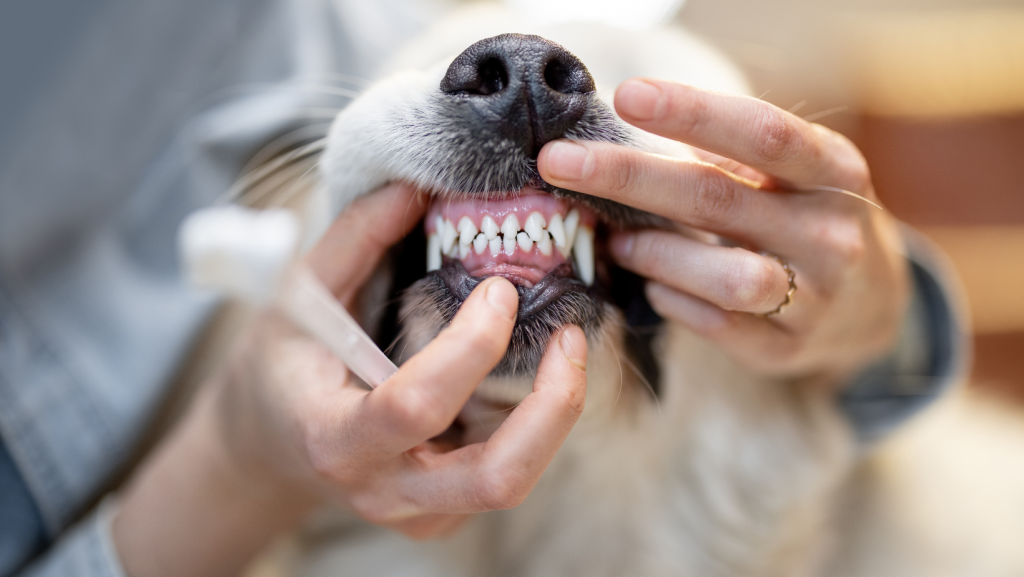
Dog dental care at home
After removing tartar from dogs’ teeth, veterinary dentists often recommend using special products at home to extend the interval between dental cleaning procedures. There is a wide variety of dog teeth cleaning products available, so owners can consult with a specialist to choose the most suitable ones for their pet’s size and lifestyle:
- Dog toothpaste and toothbrush. Dog toothpaste comes in a wide variety of flavors, so dogs often don’t resist having their teeth brushed. Veterinary dentists recommend choosing special brushes that are very soft and small to ensure thorough cleaning and minimal damage to the gums.
- Teeth cleaning wipes. If your dog’s mouth is not particularly large or their teeth are not perfectly aligned, dental wipes are a great option. They work by reducing the growth of harmful bacteria on the tooth enamel.
- Liquid for preventing plaque build-up on dogs’ teeth. A special liquid can be added to water. These types of products also reduce the growth of harmful bacteria on tooth enamel.
- Tooth gel. This type of dental care product is often the most convenient for owners, as it only needs to be applied to the teeth without brushing.
- Special chews. Veterinarians recommend using special chews to prevent tartar build-up in dogs, as they help to naturally remove existing tartar and prevent new tartar from forming.
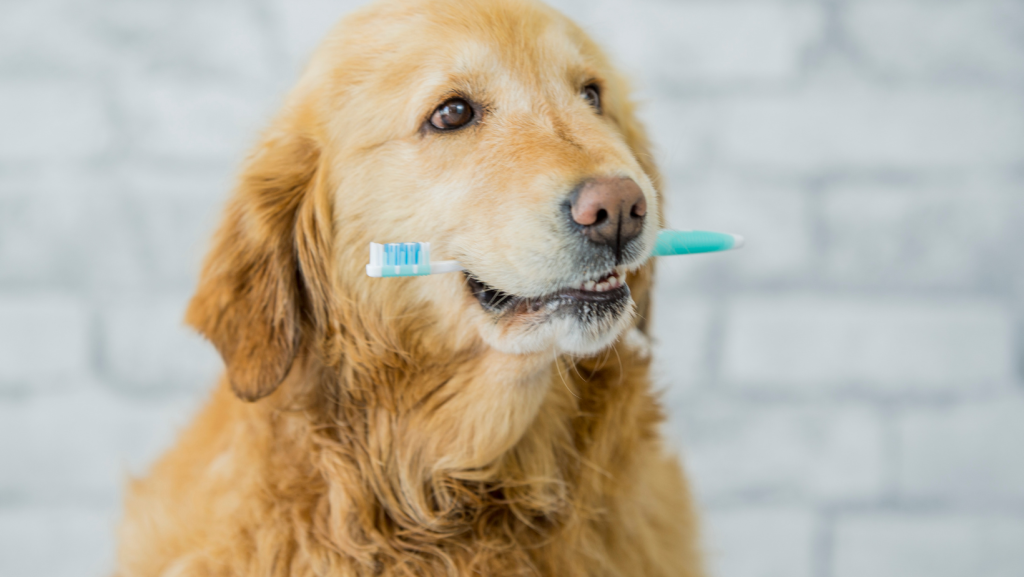
Teeth loss in dogs
Puppies’ teeth change when they reach 3-6 months of age, so tooth loss is a completely natural process. If you notice that your adult dog is losing teeth, consult a veterinary dentist immediately.
Teeth loss in adult dogs is often associated with two causes: mechanical damage to the teeth or periodontal disease. If your adult dog is losing teeth, it is necessary to consult a veterinarian who will not only determine the cause of tooth loss but also remove the damaged teeth.
If you notice that your young pet (9-12 months old) has two rows of teeth, consult your veterinarian. In many cases, if a dog’s permanent teeth have grown in but the baby teeth remain, the baby teeth must be surgically removed. Failure to remove milk teeth in time can cause irregular growth of permanent teeth and complicate dental care and quality of life for the dog in the future.
How much does it cost to clean a dog’s teeth?
The cost of cleaning a dog’s teeth is calculated individually according to the needs of each dog and its owner. The cost of dog teeth cleaning at the Begemotas veterinary clinic ranges from €30 to €60, depending on the procedure and the medications used during and after it. The cost of teeth cleaning for dogs may vary depending on the amount of plaque, the level of gum damage, and the amount of damage to the teeth themselves.
All additional procedures (root canal treatment, broken tooth restoration, edentulous damage treatment, number of teeth to be extracted, etc.) are charged extra. The cost of teeth cleaning for dogs may also vary depending on the procedures performed during the teeth cleaning, such as blood tests and inhalation anesthesia.
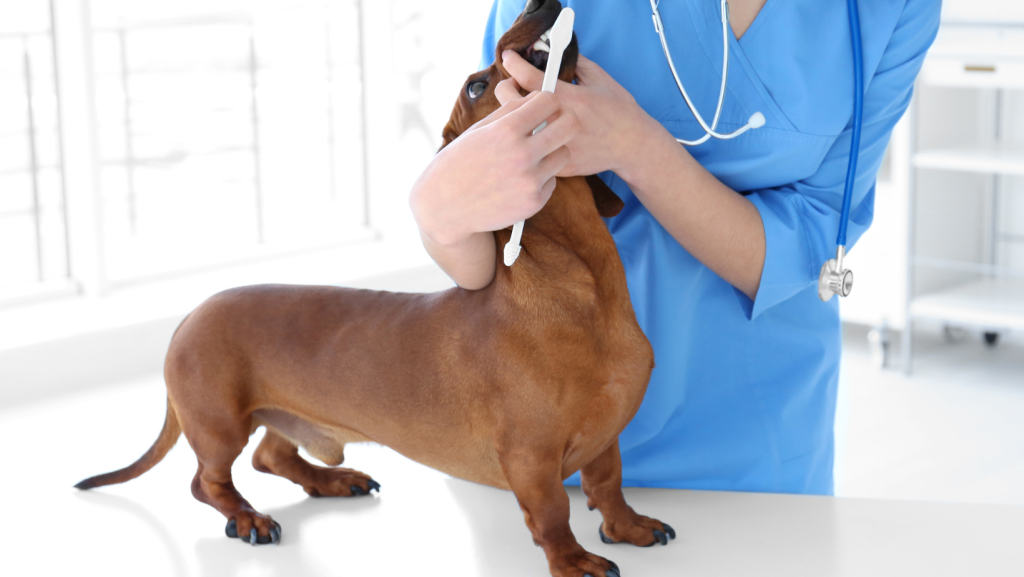
How to register for dog oral cavity procedures?
The Begemotas Veterinary Medicine Center offers various oral cavity and dental treatment procedures. Veterinary dentistry and stomatology services include the diagnosis, treatment, and prevention of dental diseases and problems. At the Begemotas Veterinary Clinic, veterinary dentists perform the following procedures:
- Professional dental plaque removal and hygiene for dogs
- Therapeutic treatment of the oral cavity
- Aesthetic filling to restore broken teeth
- Extraction of milk teeth and permanent teeth in dogs
- Teeth shortening for rodents
- Endodontic root canal treatment
- Bite correction
- Jaw plastic surgery and fracture surgery
We invite you to register at our clinic by contacting our team.
